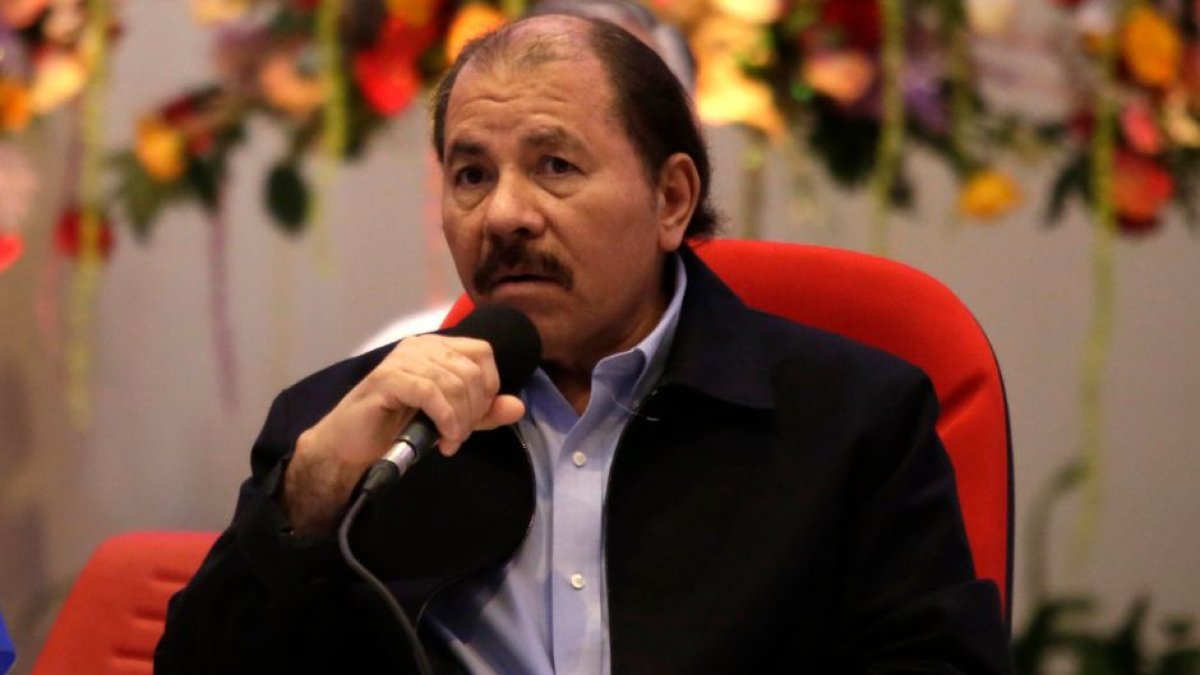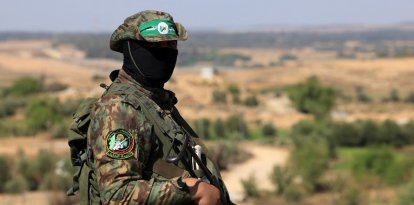Nicaraguan dictatorship intensifies its siege of the Catholic Church
Bishop Rolando Álvarez, one of the most persecuted by the Ortega regime, is being held by police at his residence.

Daniel Ortega (Flickr)
Bishop Rolando Alvarez has again been besieged by Daniel Ortega's repressive forces. Several police patrols blocked the streets near his residence in Matagalpa, Nicaragua's seventh largest city. Monsignor Álvarez denounced on social networks that five uniformed men stood in front of the Episcopal see, where they held him and 6 priests while they were on their way to offer a mass.
Hours later, Alvarez left in procession. But the most striking thing was that the bishop did it together with the police and paramilitaries who had blocked the area of the bishop's curia.
Persecution by the Nicaraguan regime
The Ortega government labels the Catholic bishops as "terrorists", since the Church acted as mediator in a dialogue that sought a way out of the Nicaraguan crisis in 2018. In less than four years, the Nicaraguan Church suffered 190 attacks and desecrations, including death threats and aggressions with Molotov cocktails, according to the investigation of lawyer Martha Molina Montenegro.
In addition, through the Nicaraguan Institute of Telecommunications and Post Office, several Catholic media outlets have been ordered to close. The church denounced that the police forcibly entered a chapel to take away the transmission equipment of a radio station.
The political and social crisis in Nicaragua dates back to April 2018. Daniel Ortega remains in power with his main opponents in prison. It is his fifth term in office and second with his wife, Rosario Murillo, as vice president.
Religious freedom in danger
Supreme Court Justice Samuel Alito stated in a speech in Rome that "Religious freedom is under attack because it is dangerous for those who want to have absolute power".
The jurist affirms that in his opinion there is a "growing hostility towards religion". And he says that "the challenge for those who want to protect religious freedom in the United States, Europe and similar places is to convince people who are not religious that religious freedom deserves special protection. That will not be easy to do."

























